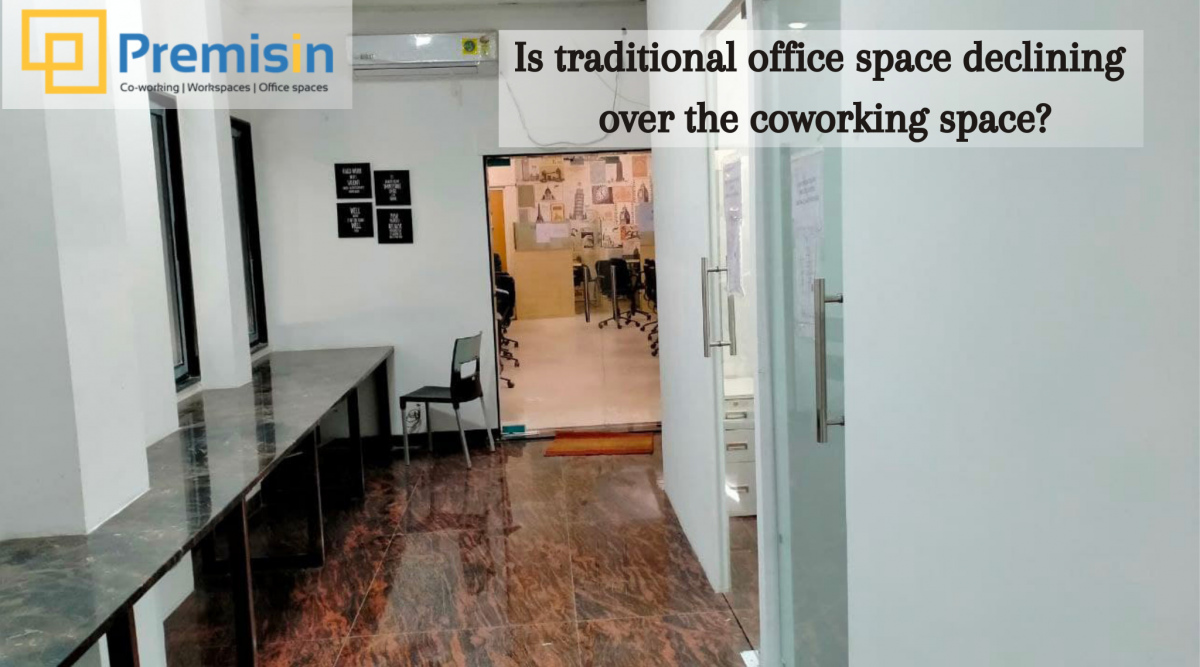As work culture evolves, so should our approach to determining which style of the workspace we should use. Work no longer has to be done in a fixed location and may be done almost anywhere. Dedicated offices, for all their benefits, do not simply allow us to react to changes in business culture and demands without a significant trade-off. Flexible workspaces can help with this.
According to research, the strong demand for flex space is expected to continue until 2025, as firms’ headcounts grow and their workforces become more decentralized.
Even with the outbreak of COVID-19, which has enforced the de-densification of office spaces for businesses, this is especially true. Employees are increasingly working from home. As part of their Business Continuity Plan, companies have also divided their employees into multiple workstations and set up contingency workspaces.
Fortunately, in unpredictable and unsettled times like this one, flexibility is the best thing to have.
Is your work environment allowing you to be as flexible as possible? Flexibility isn’t something that every organization has fully embraced as a crucial aspect in office leasing. This is either because they were unaware that flexible office leasing choices existed, or because they assumed the expenses of traditional leasing were fixed.
Startups and individual freelancers are often connected with flexible workspaces. However, given the detrimental effects of COVID-19 on the economic climate, most organizations, including corporations, will likely reassess their typical office arrangements.
Should you choose a flexible workplace or go with a traditional and dedicated office in this situation? And which one is the most appropriate for your business? Before we go any further, it’s important to understand the key differences between flexible workspaces and typical offices.
Coworking space
Premisin Coworking spaces frequently include an open-concept layout that is shared by all members of the space. The spaces are generally outfitted with comfy furniture, shared equipment like printers and Wi-Fi, and even free coffee in order to foster a collaborative and communicative environment.
Advantages of Coworking Spaces include:
- Workspace that is diverse. Individuals can roam around freely in coworking spaces, which allows for collaboration and networking. There are several opportunities to meet people you might not have met otherwise.
- There will be no extra costs. Utilities, renovations, and furniture are all covered by your monthly charge. There are no large upfront costs or long-term commitments. Depending on the space you choose, you can pay month to month or choose a different plan.
- Built-in management. You don’t have to be concerned about office administration.
Traditional office space
Traditional office spaces are private and owned office spaces for your firm, designed for efficiency and focus. The arrangement may be open, similar to a coworking space, but you can alternatively partition it into individual cubicles or offices. You have complete control over your technology and other resources, and there are specific conference rooms for group meetings.
Advantages of traditional offices:
- private office spaces and meeting rooms offer quiet, professional environments with fewer distractions and scheduling conflicts.
- individual production. Rather than the collaboration and networking that happens in coworking spaces, traditional offices encourage individual work.
- professional client-facing environment. Confidentiality and privacy are maintained for clients.
- personal branding. The entire office space encapsulates your brand.
Which is best for you?
If you’re seeking office space for your company, Premisin coworking spaces can be a good option. These spaces are an excellent method to save money while also boosting productivity. Coworking spaces are the greatest option if you want to build a collaborative, creative workforce. There are several opportunities for networking, cross-industry collaboration, and team communication.
Whether you want to rent a coworking space or buy/lease an office, there are a few things to think about before making a decision. Consider how you want to show your company to potential customers, how your workers will work best and be most productive, and which choice will be the most cost-effective. Clients’ privacy and confidentiality are protected. Your brand is encapsulated throughout the entire office environment.
Traditional offices foster solo work rather than the teamwork and networking that occurs in coworking facilities.

